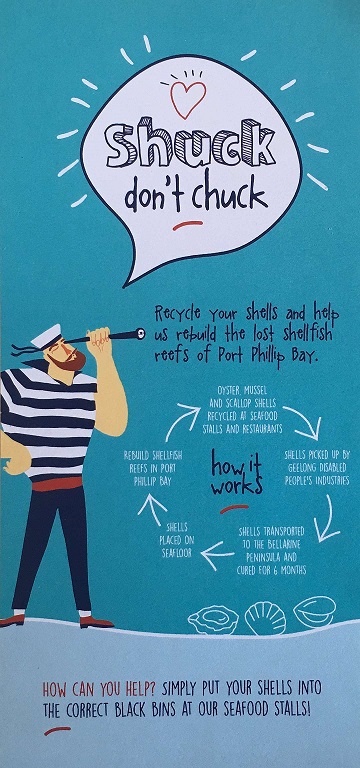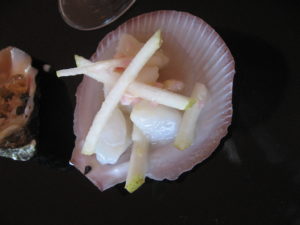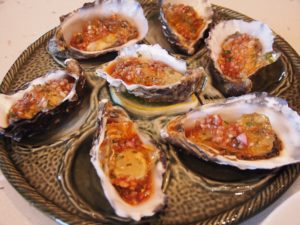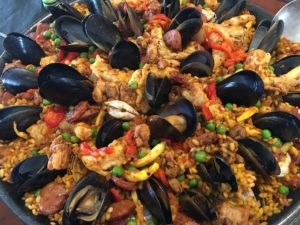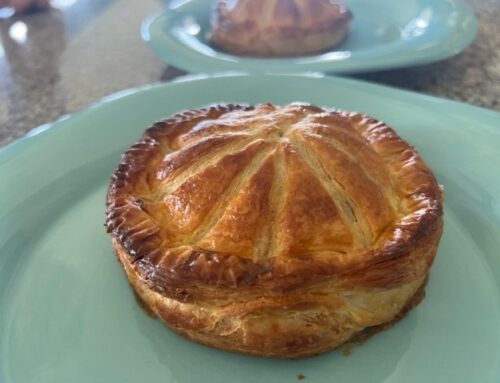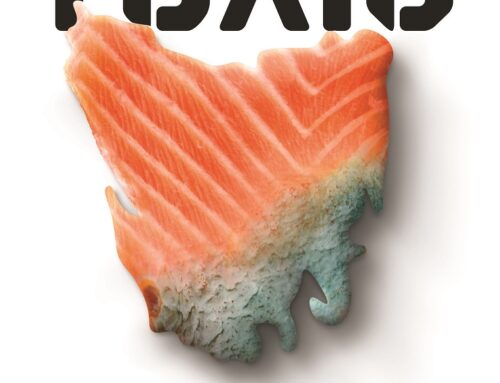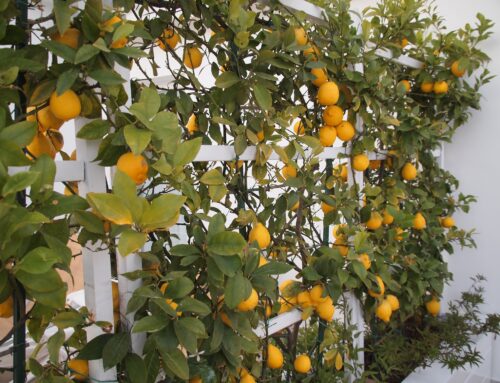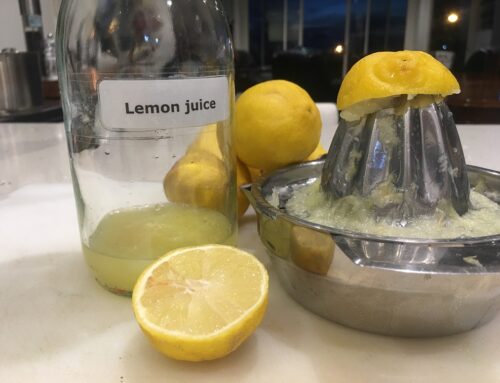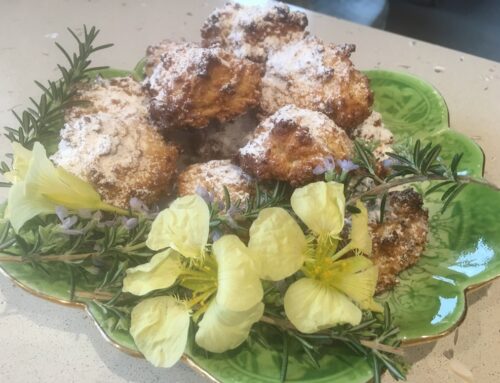‘Shuck don’t chuck’ is the recycling program for the shells of oysters, scallops and mussels and it is successfully restoring the damaged seafloor in Port Phillip Bay.
The South Melbourne market, as part of its Sustainability and Recycling program, is also part of the Nature Conservatory’s ‘Shuck don’t chuck’ program operating throughout Australia. The ‘Shuck don’t chuck’ recycling program is making good use of a previously wasted product and our environment and the Australian oyster growers are the beneficiaries.
The South Melbourne market is a huge tourist attraction and is especially well known for its seafood. The restaurants, stalls and oyster bars team with people who flock there for a seafood treat. Consequently, there are tonnes of empty oyster, mussels and scallop shells which require disposal.
At the market, the shells are collected in especially marked black bins and taken by Geelong disabled people’s industries. They are transported to the Bellarine peninsular where they undergo a 6-month process of curing in the sun to kill off any disease; they are then combined with limestone rubble, and placed on the seafloor as a ‘settlement substrate’ for juvenile oysters to cement onto.
In this way they are rebuilding the shellfish reefs in Port Phillip Bay, which were destroyed by the historic dredge fishing. This dredging removed much of the original oyster shells from Port Phillip Bay; it is this lack of hard-shell substrate that is one of the key factors preventing oyster reefs from re-establishing naturally in the Bay.
In order to grow, juvenile oysters require a hard surface, preferably another oyster shell or something similar like a mussel or scallop, on which to settle.
Shell recycling through Shuck don’t chuck, is providing a sustainable solution to the loss of shells in the life cycle while decreasing landfill waste. Partners in this project include Brambles, GDP Industries, Little Creatures Geelong and SUEZ.
We use these shellfish a lot in our cooking classes and it is such a waste to bin these shells. Hopefully the market will soon have provision for us to return the shells as they do for the recycling of our milk containers!
- Scallop ceviche with pear
- Oysters with verjus jelly and escallot dressing
- Mussesl packed into our paella

